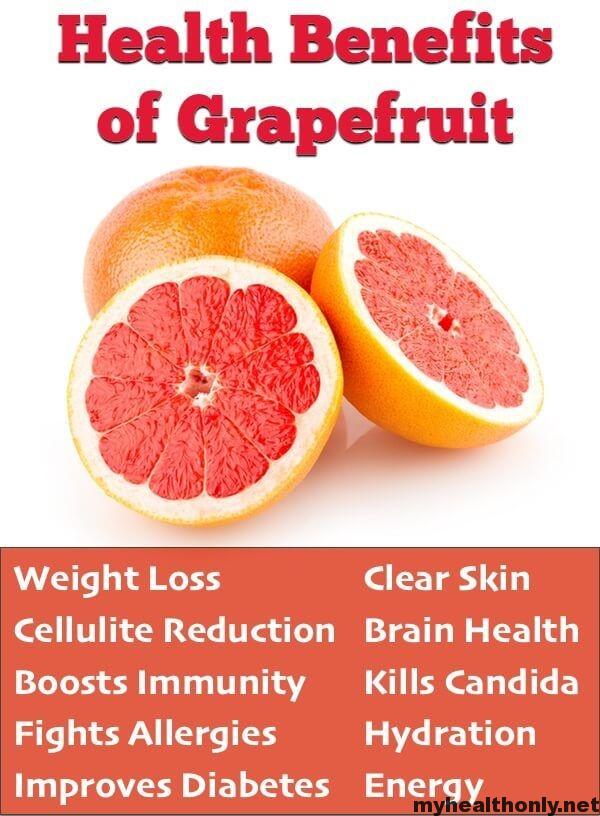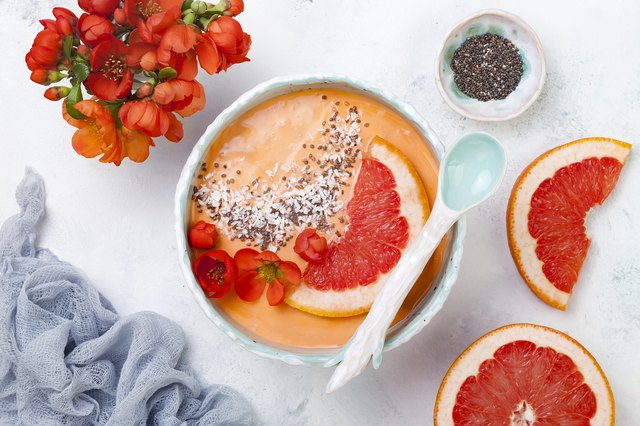

If you prefer to take the medication with food, eat only a light meal, such. Grapefruit seed extract is processed from grapefruit seeds and pulp obtained as a byproduct from grapefruit juice production. not increase or decrease the amount of grapefruit products in your diet. This can cause a rare but serious condition that causes breakdown of muscle tissue and can lead to kidney failure.

As a result, the drug concentration increases dramatically. People use the fruit, oil from the peel, and extracts from the seed as medicine. Grapefruit contains a compound known as furanocoumarin, which deactivates an enzyme that breaks down certain drugs, including statins. If you’re worried about getting enough vitamin C and potassium in your diet, a registered dietitian – an expert on diet and nutrition - can help you find other foods that are both healthy and safe based on the medicines you take. Precautions Interactions Dosing Overview Grapefruit is a citrus fruit. If grapefruit is a regular part of your diet, you might need to lower the amount that you eat, or avoid it altogether, depending on what medicines you take. Antihistamines, a type of allergy medicineīefore you start any new medicine, talk with your doctor or pharmacist about the other medicines you take and the foods you usually eat.Anti-rejection medicines used after organ transplants.Anti-arrhythmia drugs, which treat heart rhythm problems.Calcium channel blockers, a major class of medicines used to treat high blood pressure.

Medicines that interact with grapefruit and grapefruit juice include some, but not all, types of: In some cases, grapefruit can also make certain kinds of drugs less effective or cause new side effects. Are there interactions with medications Amiodarone (Cordarone): Grapefruit juice can increase how much amiodarone the body absorbs. This could lead to excessively high amounts of the drug in your body, which can cause serious health problems. The study authors urge physicians to learn more about drug interactions with grapefruit (Thompson, " Shots," NPR, 11/27 United Press International, 11/27 Brown, " Booster Shots," Los Angeles Times, 11/27).Grapefruit is rich in healthy nutrients, including vitamin C and potassium, but it can also block your body’s ability to clear some types of prescription drugs from your system. The study notes that grapefruits are not the only fruits to cause problems with medications: Seville oranges, pomelos, and limes also contain the same family of disruptive compounds. Popular drugs that interact negatively with grapefruit include various antibiotics, as well as drugs that treat hypertension, high cholesterol, and cancer. "Taking one tablet with a glass of grapefruit juice is like taking five tablets with water," Bailey says. This can effectively cause a medication overdose. When the enzyme doesn't function normally, medications may not degrade and instead circulate in the blood at higher levels than normal. Grapefruit and grapefruit juice can interact with many medications. The chemical culprits in grapefruits are called furanocoumarins, which deactivate an enzyme found in the small intestine and liver that breaks down various toxins and an estimated 50% of all drugs. Writing in the Canadian Medical Association Journal, Lawson Health Research Institute's David Bailey-who first discovered that the bitter fruit can interact with drugs more than 20 years ago-and colleagues reported that the number of drugs that can interact harmfully with grapefruit has increased from 17 to 43 in the last four years. A new study identifies as many as 85 common medications that interact with grapefruit, and at least 43 such interactions can have serious side effects-including sudden death, kidney failure, and internal bleeding.


 0 kommentar(er)
0 kommentar(er)
